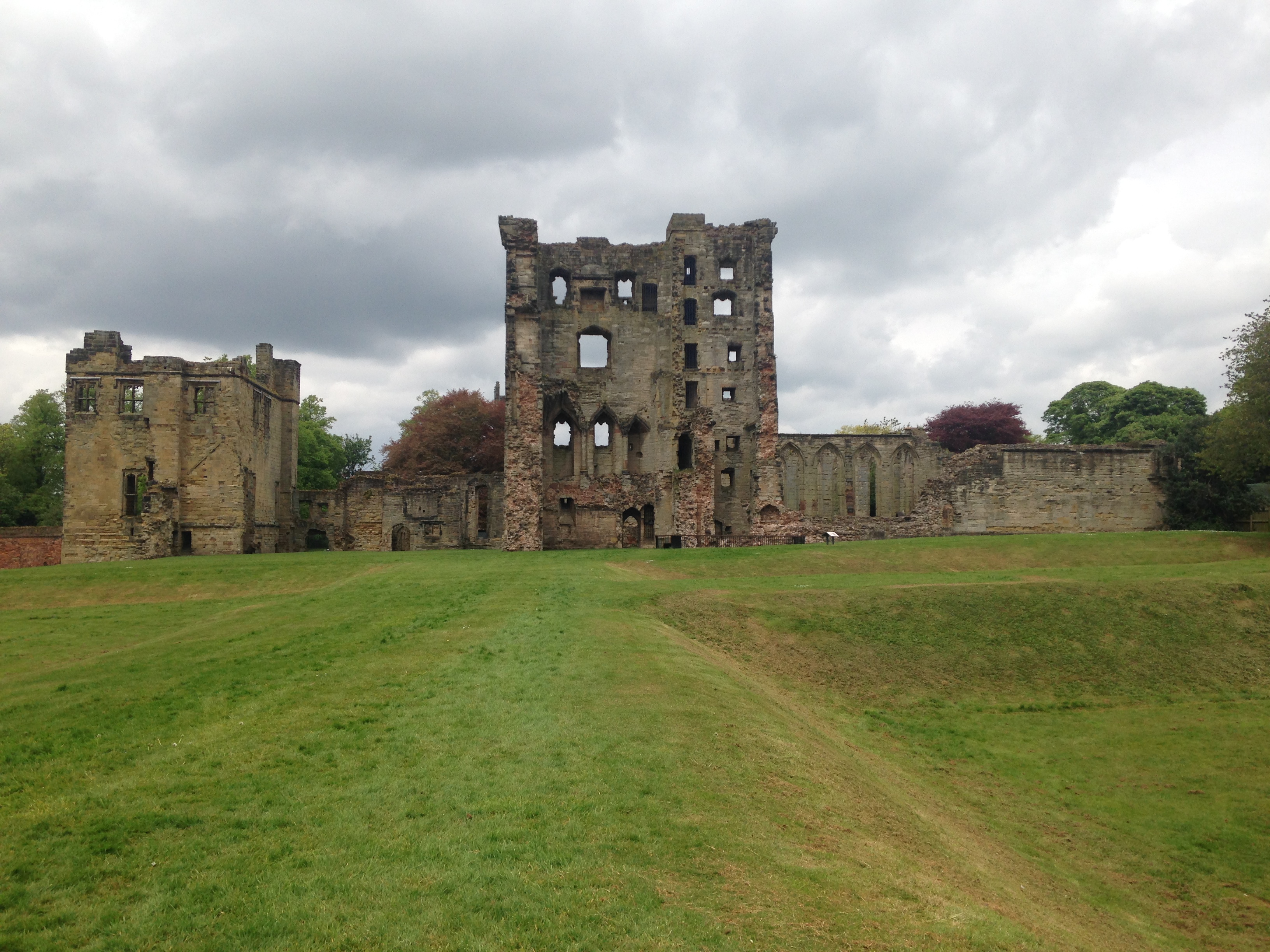Ashby de la Zouch Castle
From Londonhua WIKI
Ashby de la Zouch Castle
 Representative Article Image | |
| Ashby de la Zouch | |
|---|---|
| Artist | Attributed to John Taylor |
| Year | c. 1600s |
| Dimensions | 55.2 cm × 43.8 cm ( 21 3⁄4 in × 17 1⁄4 in) |
| Location | National Portrait Gallery, London |
Use this page as a template when creating new articles by clicking Actions>View Source and create a new page with the name of the article you're creating. In the newly copied page, upload your own image, then replace the "Articlepicture.jpg" above with the new image name. Replace "Representative Image" in both the image line and the top-level heading above with your first and last name. Delete this whole paragraph beneath the Representative Image title but not including the Table of Contents tag __TOC__.
Overview
The paragraph should give a three to five sentence abstract about your article. PLEASE NOTE: this article template has only a few sections as examples, but your actual article contributions should have many relevant sections and subsections. Please start to block out and complete those sections with relevant information such as the very objective, fact-based, and heavily referenced "who, what, when, where, and why" about this article. Articles don't just have to be huge buildings; individual artifacts and lesser-known people, places, and things count as article topics! Don't forget to include relevant category tags for each article!
Contents
History
Begin writing the background information of this article, or use this format to begin a new article with some other relevant section filled with important information.
Building
War of the Roses
Civil War
destruction to today
Castle Components
Hall
The Hall was the entrance to the castle apartments. It was a part of the public interior and where the Hastings Family would have dined. The Medieval interior of the Hall would have contained a central hearth for heating and dais, and long tables that would have spanned the room. The High table would have been on the dais. The room was originally divided by arches which where moved to support a new 17th century roof. After the civil war the Medieval windows also go replaces and the central hearth was replaced with a fireplace on the side wall.
Services
The services are located between the Kitchen Tower and the Hall and would have had two floors. The upper floor might have been a withdrawing room while the lower floor contained the buttery and pantry. between the Services and the Kitchen Tower there was a narrow yard with an arch for cart access. the arch was later narrowed to create a window. There was also a thoroughfare chamber where a clerk could oversee delivery's to and from the kitchen.
Kitchen Tower
The Kitchen Tower contained three stories. the upper story was likely a winter room since the floor would have been heated by the two kitchen floors below it. The Kitchen was ringed with hearths, cauldron stands, and an oven. the kitchen also contained its own well. There is a side door leading to a medieval cellar that later had a tunnel added during the civil war to access the Great Tower. The food was passed through a hatch in the wall that required a man to stand in space in the wall to pass dishes through one by one. The space in the wall could be observed from an office through a small window. This was to make counting dishes easier since a variety of food would have been served according to a persons rank.
Great Chamber
The Great chamber had two floors: a parlor in the lower floor and a great chamber in the upper floor. these would have been used for entertaining important guests. The great chamber has a 15th century fireplace and large window mostly likely made in the 16th century. The Countess of Derby was entertained with a theatrical performance written by John Marston in 1607 in the great chamber.
Chapel
The chapel originally had two balconies, the lower one being accessible from the great chamber, that the Hastings family and senior servants could watch the service in from in private. The high alter was on a dais at the far end and was backed by an altarpiece. Most of the decoration for the chapel was destroyed after the Hastings family became Protestants due to the Reformation.
Inner Court
The Inner Court is formed by the walls of the chapel, great tower and a curtain wall. there are marks on the south wall of the chapel that suggest a roof of unknown length extend from it. inventory suggests the inner court contained bedchambers and a great parlor and had several rooms overlooking the garden. There are multiple 15th century fireplaces and a latrine located in the curtain wall.
Great Tower
Garden and Garden Towers
Organize each section of this article so that it has a logical flow. If you intend to discuss one aspect of the origin of a person, place, thing, or idea, identify the appropriate existing section of the article, or create that section if it doesn't exist. Then, make a clear subheading. If you notice that some other information is not organized clearly, rearrange the information, but do so cautiously and responsibly! The goal here is clarity for the reader.
Add links to other articles, but do not link to personal student profile pages or milestone pages. Add media as needed in the appropriate sections.
References
If appropriate, add a references section
External Links
If appropriate, add an external links section
Image Gallery
If appropriate, add an image gallery
